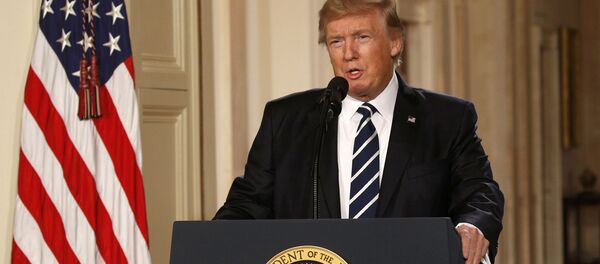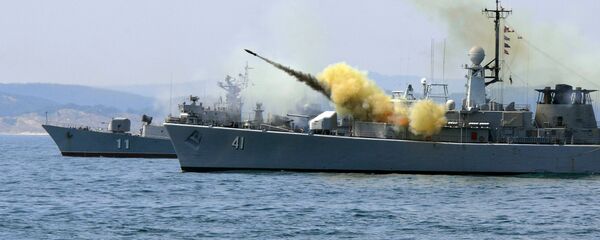"Almost all stakeholders in the Middle East have acknowledged that terrorism cannot be tackled without Russia. However, talking to Moscow from 'a position of strength' will result in a total failure. It will also delay Trump's pre-election program for an unspecified period of time. And time is currently working against the US president who needs swift and decisive victories," he said.
The Trump administration has named defeating and destroying Daesh and other radical terror groups as its "highest priority." To this extent, policymakers in Washington are ostensibly ready to "pursue aggressive joint and coalition military operations when necessary."
However, bilateral cooperation in Syria has been limited, while remarks similar to the ones made by General Mattis have not contributed to building up trust between Russia and the United States.
"Russian and US service personnel continue to cooperate in Syria to avoid aerial accidents, but this is not enough," Kharlamov observed. "Moscow has been open to dialogue and has expressed its readiness to work [together in Syria]. However, Washington through statements made by senior officials is making the window of opportunities increasingly narrow."
Earlier, Mattis said that the United States remained "open to opportunities to restore a cooperative relationship with Moscow, while being realistic in our expectations and ensuring our diplomats negotiate from a position of strength."
In an opinion piece for RIA Novosti, journalist Alexander Khrolenko suggested that Washington, the Pentagon and NATO "are back to their usual selves," citing "geopolitical inertia" of the United States and hardliners in the Trump administration as the key reasons.
"In 2016 alone the United States dropped more than 26,000 bombs on seven countries. Why would [Donald Trump] differ from other US Presidents [when it comes to Washington's relations with Russia]?" he asked.
Never miss a story again — sign up to our Telegram channel and we'll keep you up to speed!



